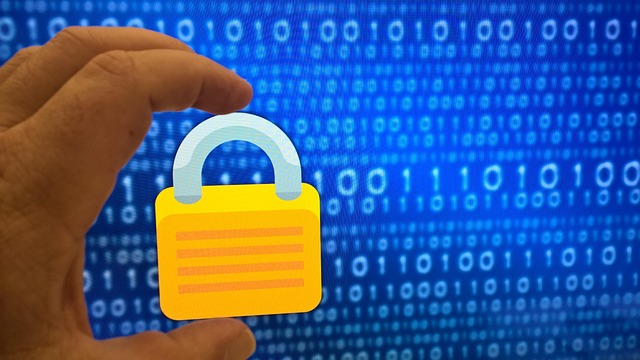
Unlocking IT Security: The Importance of Password Complexity in Information Technology
In the dynamic world of information technology, security is paramount. Every day, we rely on various digital platforms—whether for banking, social networking, or professional communication—which makes robust IT security imperative. One of the most critical yet often overlooked aspects of security is password complexity.
Imagine this: you’ve just spent hours developing an innovative application, only to have it compromised by a simple dictionary attack due to a weak password. It’s frustrating, isn’t it? Unfortunately, this scenario plays out far too frequently in today’s interconnected digital landscape. Cybercriminals are always on the lookout for vulnerabilities, and weak passwords provide a gateway to sensitive information and resources.
Password complexity serves as a frontline defense in safeguarding personal and organizational data. But what does it really mean? At its core, it encourages the use of long, unpredictable combinations of letters, numbers, and special characters. Experts recommend passwords that are at least 12 characters long and incorporate varying elements to make them harder to guess. Simple passwords like “123456” or “password” are like leaving your front door wide open; they invite trouble. By implementing strict password complexity requirements, we significantly mitigate risks.
In IT environments, particularly those handling sensitive data, adhering to password policies is not just best practice; it’s essential. Companies should educate their employees on the importance of creating and maintaining complex passwords. Training sessions can cover strategies for crafting secure passwords, the use of password managers for storing credentials securely, and the dangers of reusing passwords across different platforms.
Moreover, implementing multi-factor authentication (MFA) can enhance security measures beyond just password complexity. By requiring an additional verification step—such as a fingerprint scan or a one-time code sent via SMS—organizations can protect their data even if a password is compromised. This layered security approach is crucial in today’s threat landscape.
As IT professionals, it’s our responsibility to advocate for secure practices and raise awareness about the significance of password complexity. It is in our intuition for logic and systematic thinking that we find ways to tackle these challenges. Remember, the smallest change can make a significant impact. Establishing a culture of security—where users feel empowered to prioritize their digital safety—should be at the forefront of every organization’s strategy.
Continuing education and engaging discussions around cybersecurity, including the importance of password complexity, should be a routine in the IT community. Security is not just the responsibility of IT departments; it’s a collective effort. As we continue to navigate this technological era, let us prioritize and invest in our security—starting with the simplest, yet vital, line of defense: strong, complex passwords.

